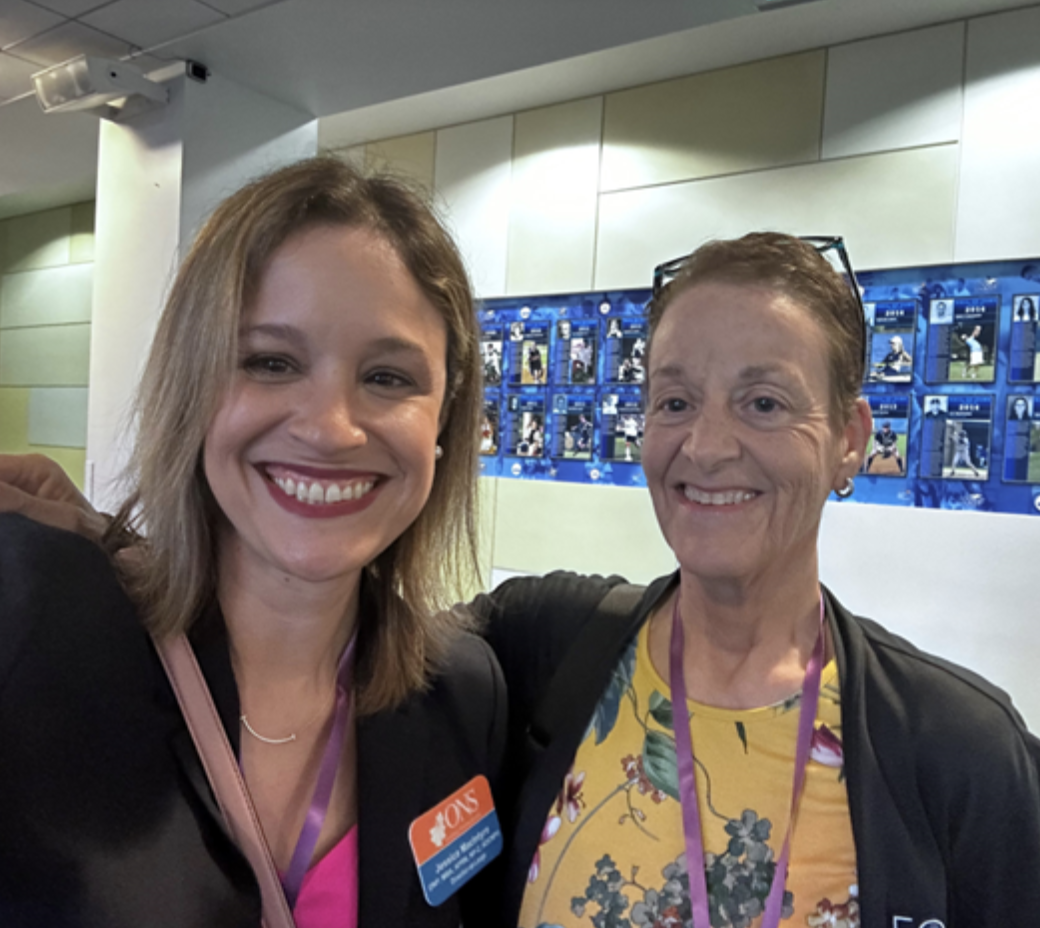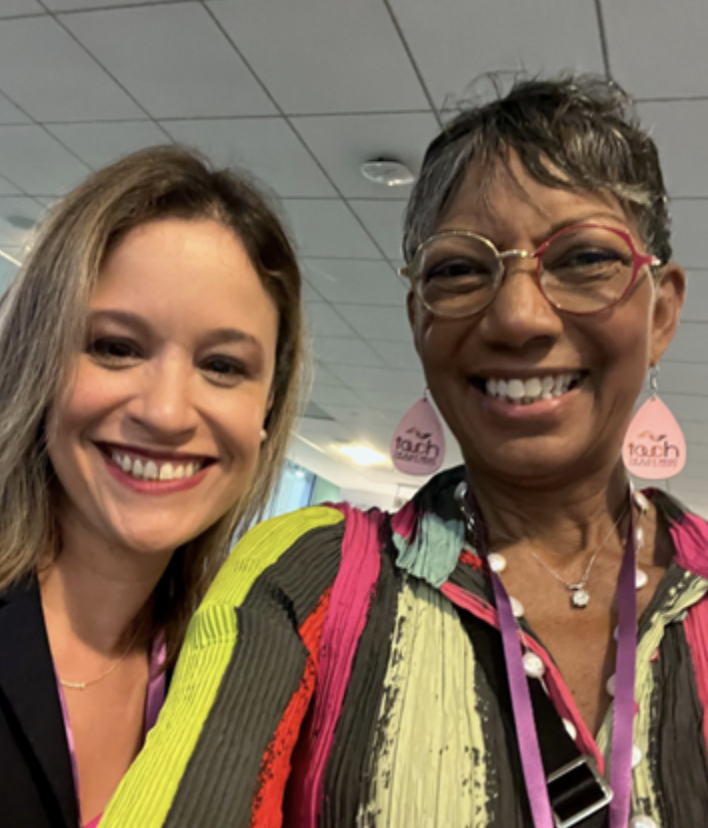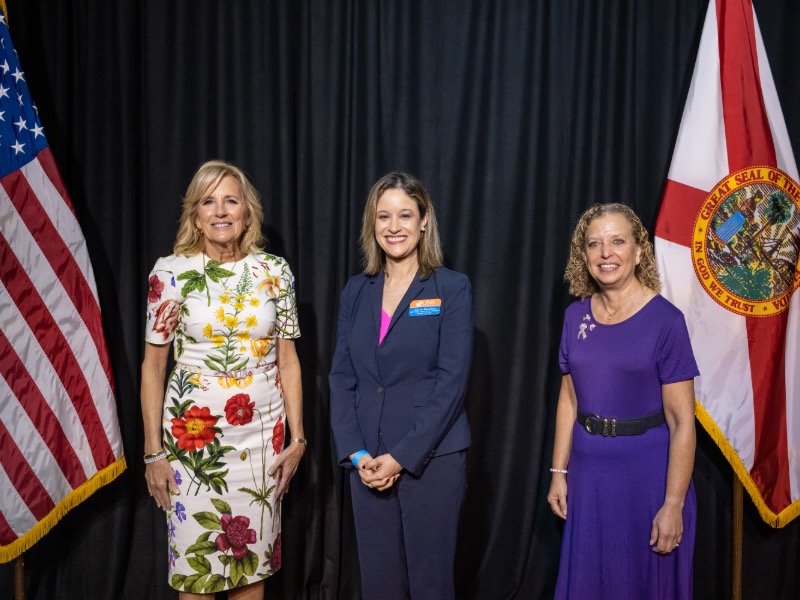Our Unified Voices Can Improve Cancer Survivorship Care
The idea of cancer survivorship care has a longstanding history, but in the current landscape, the imperative to deliver that care has never been more pressing. During the 1970s, about one in two people (https://www.cancer.org/cancer/understanding-cancer/history-of-cancer/cancer-survivorship.html) diagnosed with cancer survived at least five years, but because of advancements in screening and treatment, now more than two in three (https://www.cancer.org/cancer/understanding-cancer/history-of-cancer/cancer-survivorship.html) survive that long. As a result, the number of cancer survivors has significantly increased: As of January 2022, the United States had 18.1 million (https://cancercontrol.cancer.gov/ocs/statistics) cancer survivors, which is more than 5% of the U.S. population.
As the population continues to grow, we have a crucial responsibility to concentrate efforts on ensuring comprehensive access to follow-up care and support of their unmet physical and psychosocial needs. That is where advocacy plays a pivotal role.
Cancer Survivorship Advocacy
In 1986, 23 leaders with expertise in cancer research, community-based cancer support programs, cancer information services, and cancer advocacy founded (https://canceradvocacy.org/about/our-history/) the National Coalition for Cancer Survivorship. Since then, many individuals and organizations, including ONS, have made considerable efforts to draft and support legislation emphasizing survivorship as a critical aspect of cancer care at a national level.
One notable piece of legislation is the Comprehensive Cancer Survivorship Act. First introduced as H.R. 9565 (https://www.congress.gov/bill/117th-congress/house-bill/9565) on December 14, 2022, by Representative Debbie Wasserman Schultz (D-FL), the bill establishes programs and requirements to support the provision of services for cancer survivors. I, along with many other organizations and thought leaders in cancer survivorship, had the privilege to contribute insights to this legislation and participate in its introduction in Washington, DC. Witnessing the collective efforts and ideas of many materialize into reality was a truly unforgettable experience. The bill has since been reintroduced on June 29, 2023, as H.R. 4363 (https://www.congress.gov/bill/118th-congress/house-bill/4363/actions).
A Collective of Voices for Cancer Survivorship Care
Representative Wasserman Schultz, a cancer survivor herself (https://voice.ons.org/advocacy/cancer-knows-no-party-but-politicians-proudly-proclaim-their-prognoses-and-promote-policy), is raising awareness about the needs of cancer survivors and their caregivers by fostering collaborations among experts and leaders in the field. In October 2023, she organized a Cancer Survivorship Summit in Davie, FL, and invited ONS to participate.

I had the honor of representing ONS as a moderator on a panel titled “Survive and Thrive: Navigating Survivorship.” While there, I connected with many leaders from healthcare and patient advocacy organizations, including Sue Friedman, DVM (founder and executive director of Facing Hereditary Cancer Empowered [FORCE]), the American Cancer Society, Ricki Fairley (cancer survivor and CEO of TOUCH, The Black Breast Cancer Alliance), and many more. Additionally, First Lady Jill Biden, EdD, was the summit’s keynote speaker. In her remarks, she reminded us to continue to “lean in just a little more, push just a little harder—for all families touched by cancer across the country that are in a race against time.”

Calling all Oncology Nurses
Our potential to make a significant impact through advocacy is boundless. ONS has been instrumental in equipping me (https://www.votervoice.net/ONS/Home) with the knowledge and skills necessary to champion support for cancer survivors. As a healthcare provider, I leveraged my clinical experiences to amplify my patients’ voice. Drawing on valuable insights gained from ONS Capitol Hill Days (https://www.ons.org/make-difference/ons-center-advocacy-and-health-policy/advocacy-and-healthy-policy-events), I developed a deeper understanding of the pertinent issues, enabling me to effectively engage with my state representatives. Above all, my unwavering desire for better care remains the driving force behind my commitment to advocacy in the oncology field. I encourage all oncology nurses to explore their contributions (https://voice.ons.org/advocacy/get-involved-in-onss-health-policy-advocacy), as every voice counts in making a meaningful difference.

